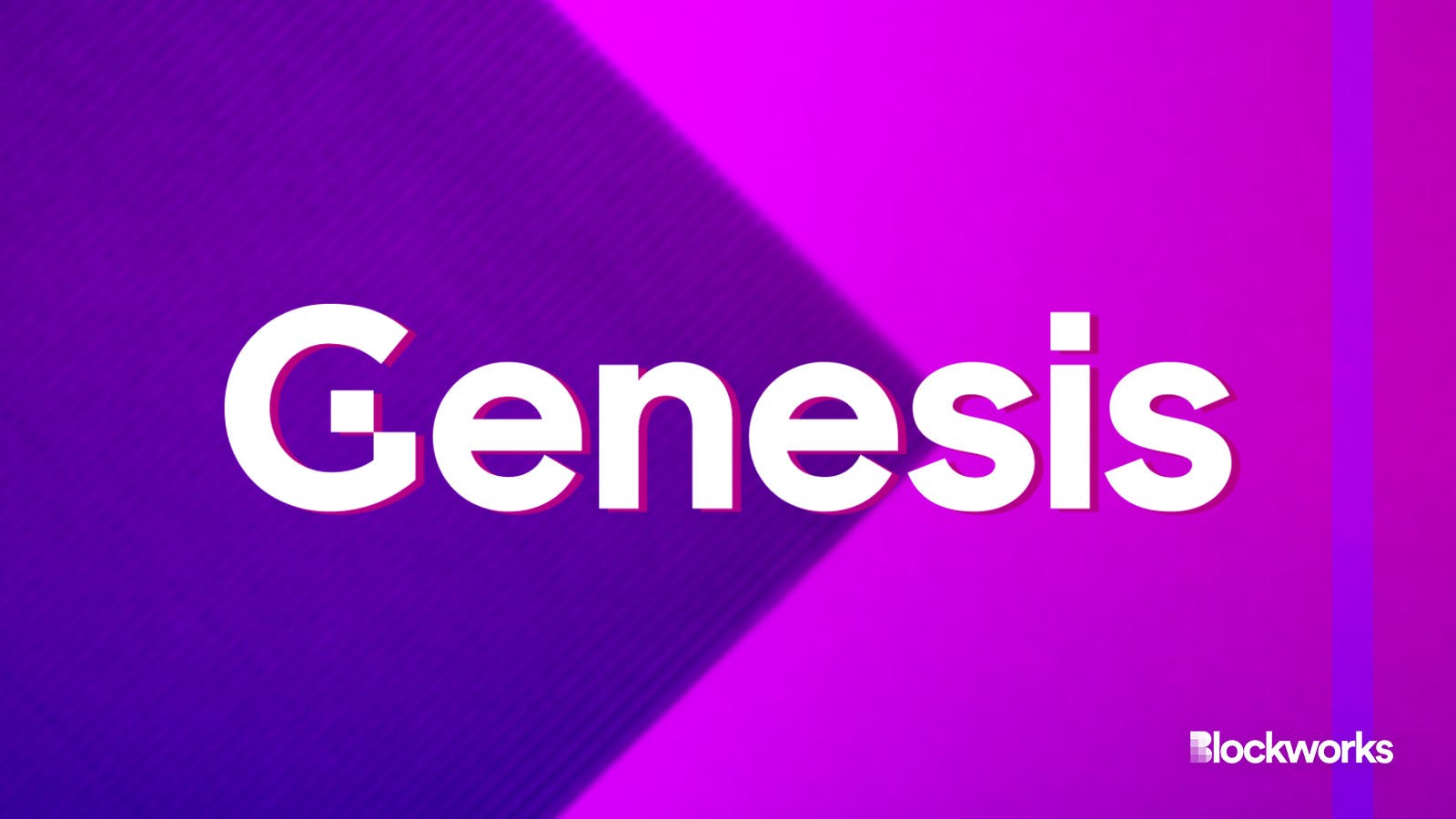Genesis lawyer pushes back against DCG getting ‘a cut’ of customer recoveries
The hearings are expected to last for a couple of days as the court hears arguments for and against the bankruptcy plan proposed by Genesis

Genesis and Adobe Stock modified by Blockworks
The Securities and Exchange Commission’s settlement with Genesis received court approval on Monday at a hearing.
Since there were no objections to the SEC’s settlement with the former lender, Judge Sean Lane approved it as a “reasonable settlement.”
The settlement with the SEC, which was filed with the court earlier this month, could see Genesis pay up to $21 million as part of the agreement. However, the amount depends on creditor repayment.
The securities regulator filed its suit against the bankrupt lender in January of last year. Genesis was accused of pooling assets from Gemini Earn with funds from other customers. Gemini and Genesis partnered on the Gemini Earn product.
The hearing, which is set to discuss several matters in the bankruptcy case of former lender, Genesis, also covered opening statements of both Genesis and Digital Currency Group, the bankrupt firm’s parent company. Judge Lane said that the court allocated three days of hearings but could extend the time if needed.
Read more: DCG calls NYAG, Genesis settlement agreement ‘subversive’
One key issue is DCG‘s objection to the bankruptcy plan proposed by Genesis creditors. DCG previously argued that the plan “favors” some creditors and “strips” the company of “other valuable economic and corporate governance rights.”
“DCG should not come in and take a cut” of customer assets,” Genesis attorney Sean O’Neill said at the Monday hearing.
Genesis previously said that creditors, under its plan, could expect recoveries up to 77%, though the figure depends on the plan getting a green light from the judge.
DCG wants customer claims to be based on the price of cryptocurrencies back when Genesis filed for bankruptcy in early 2023. The parent company alleges that the current plan “pays unsecured creditors hundreds of millions of dollars more than the full amount of their petition date claims.”
The methodology is also being implemented in the case of FTX. Just last month, Judge John Dorsey ruled that the bankruptcy code “is very clear,” shooting down objections from FTX creditors who sought to be reimbursed at current prices. In a Sunday filing, DCG cited Dorsey and the FTX case.
The other issue being discussed is the proposed settlement between Genesis and the New York Attorney General. Genesis and the NYAG agreed to settle the case earlier this month.
New York Attorney General Letitia James filed in October a suit against Gemini, Genesis and DCG alleging that the firms conspired on “fraudulent schemes” related to the Gemini Earn program.
Genesis said that the settlement — if approved — would help to eliminate “risks, expenses and uncertainty associated with protracted litigation against NYAG.”
Last week, DCG argued that the proposed settlement is “a back-door attempt to circumvent US bankruptcy law. DCG objects to this subversive arrangement, put together last-minute and in secret, which seeks to redistribute all estate value to preferred creditors who would have already received the full value of their claims.”
Start your day with top crypto insights from David Canellis and Katherine Ross. Subscribe to the Empire newsletter.





